There is sufficient evidence to support the fact that climate change is occurring and that this is set to accelerate. While some scholars argue that climate change is largely due to natural changes, others postulate that anthropogenic factors are the major cause. Climate change associated with increasing levels of carbon dioxide is likely to affect developed and developing countries differentially, with major vulnerabilities occurring in low-latitude regions. This book presents research findings and case studies with the endeavour to inform policies geared towards addressing problems emanating from these changes. Climate variability raises concerns over the future of agriculture, conditions of land and water availability. Therefore, climate change amplifies many economic and social risks, as well as deterioration of the environment. At the same time, non-climatic risk factors such as economic instability, trade liberalization, conflicts and poor governance all inflict upon vulnerable communities. Key discussions in this title rest on: Climate Change in Africa: its impact on rural communities, vulnerability and adaptation to climate change, financial requirements of reducing green house gases, technological transfer and natural resources; Case Studies of Vulnerability to Climate Change and Variability in Eastern and Southern Africa: experiences of impacts and adaptation to extreme events, concrete experiences from farmers and crop production adaptation; and Challenges and Opportunities to Climate Change Adaptation: factors that influence choice of response strategies, challenges and opportunities for ecosystem-based approaches; and challenges and opportunities from the use of bio-fuels as a mitigation measure to climate change.
About the author
Pius Zebhe Yanda is a Professor of Physical Geography at the Institute of Resource Assessment, University of Dar Es Salaam. He has served the University of Dar Es Salaam in different academic positions for 24 years. Since 2006 he has been serving as the Director of the Institute of Resource Assessment. Professor Yanda has recently been appointed to chair the newly established Mwalimu Julius Nyerere Professorial Chair in Environment and Climate Change at the University of Dar Es Salaam. He has been involved in various programmes, the most recent being: (i) regional training programme on climate change and biodiversity conservation, with participants from DRC, Burundi, Rwanda, Uganda and Tanzania; and (ii) fellowship programme involving four types of fellowships (post-doctoral, doctoral, teaching and policy) for the period ranging from six months to one year. Dr. Chipo Plaxedes Mubaya’s research background is Natural Resource Management. Specific focus has been on policy and institutional arrangements, livelihood assessments and issues to do with access and use of these resources. Chipo also has experience in understanding gender dimensions in Community-Based Natural Resource Management such as water and forests, among others. She also has experience in Integrated Agricultural Research for Development and enabling rural innovations through linking farmers to markets, understanding social dynamics of farmers and climate change adaptation in participatory action research in Southern Africa. She is currently working with the Pan-African START Secretariat (PASS) at the University of Dar es Salaam capacity building and research on climate change adaptation and mitigation.
International availability:
This book is internationally distributed by African Books Collective

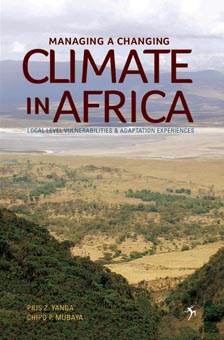
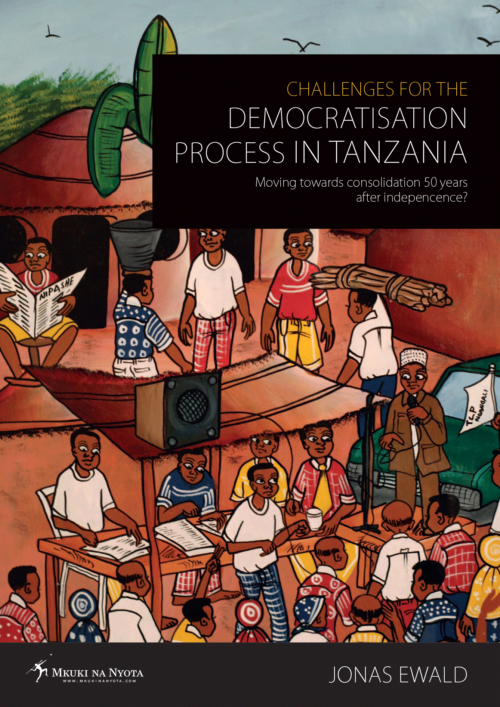
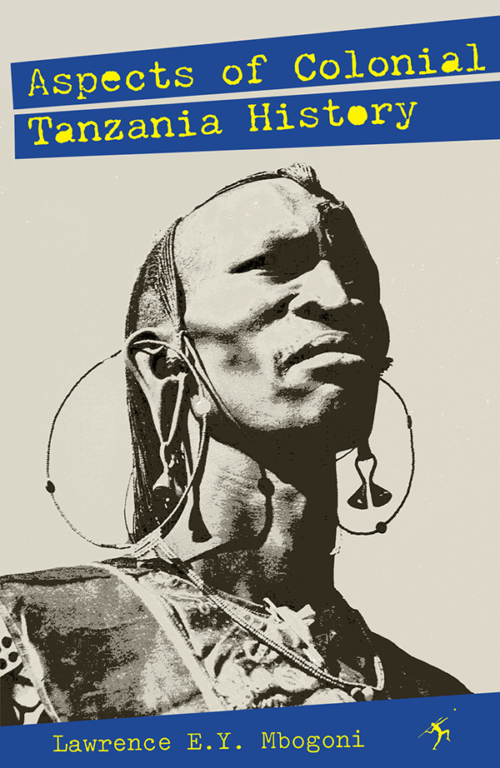
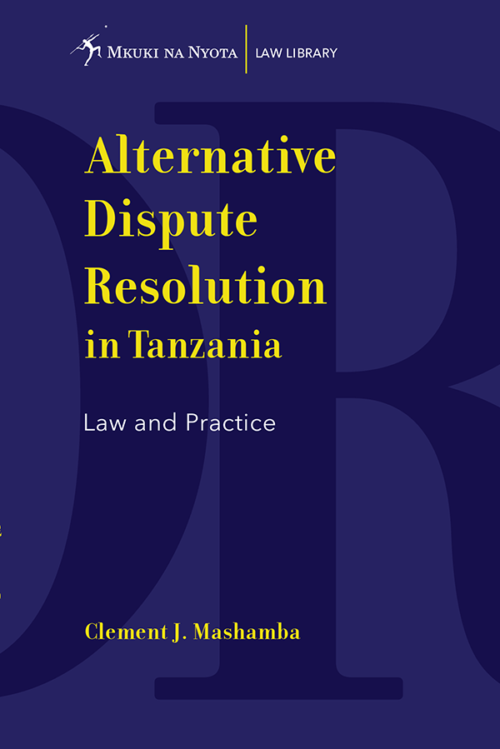
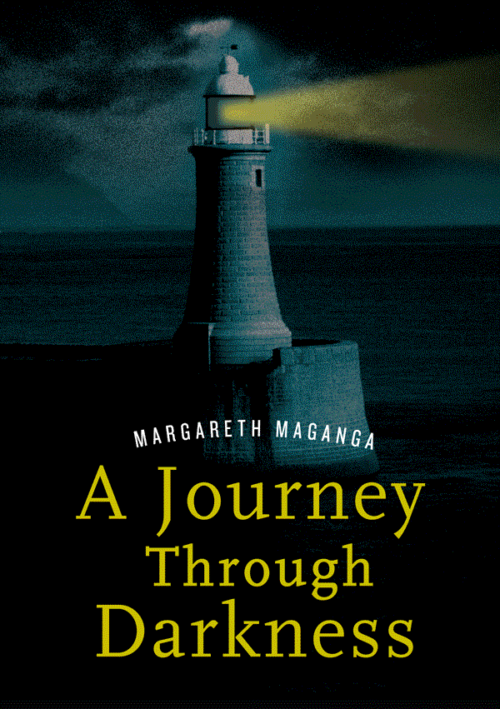
Reviews
There are no reviews yet.